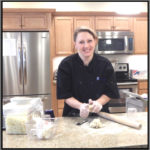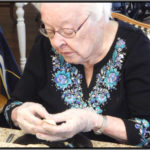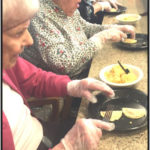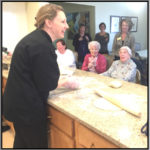Alumni Spotlight: Nina Quirk
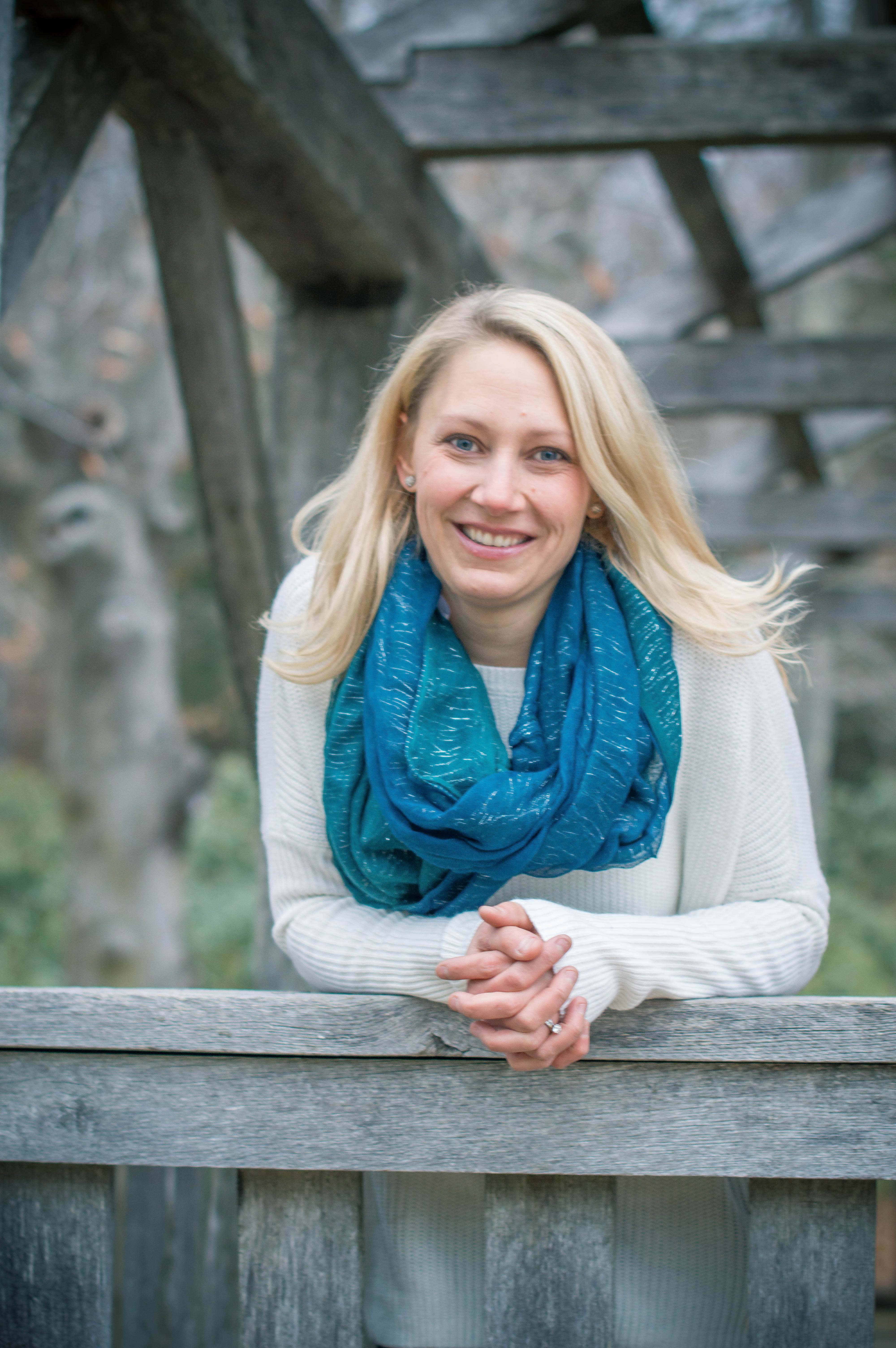 Finding the perfect career path can be a struggle for some Gastronomy graduates. Throughout my time in the program, my friends and I would discuss matters such as balancing hospitality industry schedules with families, low pay and menial incentives, endless hours of kitchen drudgery, and many more unappealing aspects common to a life devoted to food.
Finding the perfect career path can be a struggle for some Gastronomy graduates. Throughout my time in the program, my friends and I would discuss matters such as balancing hospitality industry schedules with families, low pay and menial incentives, endless hours of kitchen drudgery, and many more unappealing aspects common to a life devoted to food.
While pursuing my degree, I worked as a personal chef, specializing in cooking for people with cancer, diabetes, epilepsy and food allergies, using advanced diet therapies to help address those conditions. This offered flexibility, hands-on experience and decent pay, but clients came in waves. I found myself craving the social atmosphere of a kitchen and wondering what foodservice management might be like.
My husband works in elder care, so I conducted various studies with the senior population he served as I worked toward my master’s degree. I researched nursing home and assisted living gardens, taste loss and aging, and Grandmother Cuisine, among other topics. That new interest in senior food systems led me to pursue a career with SALMON Health and Retirement, a housing and healthcare organization in Central Massachusetts.
In June 2015, I took the position of Director of Dining Services for SALMON’s Natick campus. Our building houses 66 residents in assisted living apartments (including memory care), 54 residents in a skilled nursing center, 50 children in the SALMON Early Education Center, and 45 Adult Day Health Center clients. All in all, the kitchen I manage feeds 200 people daily.
When I arrived on the scene, there were obstacles to overcome. In my first few weeks on the job, we went from using an outside contractor to being a Salmon-managed kitchen. As the first manager of this new operation, I saw boundless opportunities to create a wonderful, gastronomy-friendly system for a superior dining program. I started by teaching my culinary team to cook menu items from scratch, saying goodbye to the frozen and canned past they knew. I hired a talented pastry chef to elevate the baked goods and treats on campus. Now, most of our food items are homemade, including salad dressings, breads, pizza and desserts. Our residents grew enthusiastic and happier with the new dining services over time, and the positive impact good food had on the whole community became obvious.
This acceptance allowed me to host a variety of programs to engage our residents around food:
- We formed a traveling group, visiting foodie destinations like the Boston Public Market or the Boston Public Library for afternoon tea, and various local farms.
- We established a Solarium for residents to grow plants—both edible and flowering. The space is solely dedicated to the garden craft; it’s also been widely accepted by our residents with dementia.
- Each month, we host interactive cooking demonstrations where residents handcraft ethnic specialties. So far, we’ve made ravioli, pierogi, tomato tarts, pickles, jams, and much more.
- We partnered with a group called Brain Wellness to conduct a three-part seminar on brain-healthy eating where I cooked the foods and served them to a full house.
- Our most recent endeavor is a program called Heritage Cuisine. We’ll gather recipes and food traditions from our residents’ families to create a varied and unique campus cuisine.
We have a lot of fun at work building community around food, and I feel very fortunate. This position has provided me with the perfect application of the Gastronomy Program: food infused with meaning.
